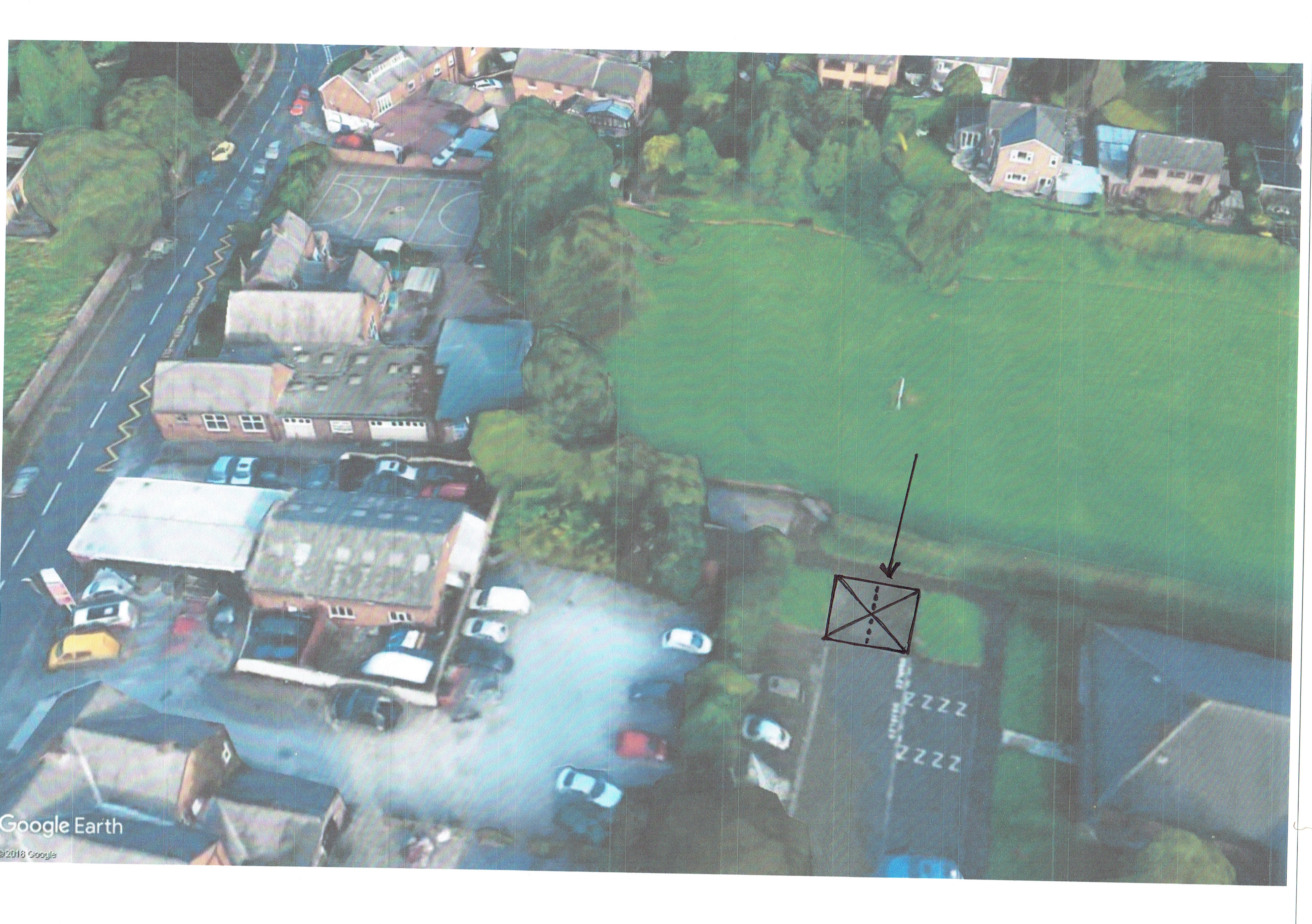Kingsley Neighbourhood Plan
What do you want Kingsley to be like in the future?
The Kingsley Neighbourhood Planning Steering Group (NPSG) is a newly formed group of people from Kingsley supported by the Parish Council working to develop a Neighbourhood Plan.
This article can be viewed and downloaded from here.
Community Centre Car Park - Roofing works at Kingsley St John's Primary School

Enabling works for the above project are scheduled to commence on 12th February 2018 with roofing works continuing for approximately 5 weeks in total.
Access to the site is severely restricted and we need to maintain a clear route for materials deliveries and waste removal throughout the duration of the project.
It is our intention to utilise the 2 parking spaces marked on the attached plan to ensure we can manage access in a safe manner whilst minimising inconvenience for other users of the parking facilities adjacent to the community centre.
If you have any concerns regarding this proposal, please do not hesitate to contact me and I will do my best to resolve any issues.
Kind Regards,
Helen Lockwood
Astley Park Estate
Kennedy Road
Astley
Manchester
M29 7JY
Theft From Cars Delamere Forest 13/11/2017
Message sent by Ryan Reid (Police, PCSO, Chester LPU Rural & Frodsham PCSO)
PROTECTING YOURSELF FROM CAR THIEVES:
Don’t leave valuables such as CDs, pen drives, sat nav systems, laptops, handbags and mobile phones on show - even if you think an item isn’t of any particular value, someone else might think differently.
Don’t leave coats or clothing visible. Their pockets may be empty but someone looking through the window won’t know that.
Make sure your car is locked and all windows, doors, boot and sunroof are closed properly.
Activate all security devices, alarms, immobilisers, etc. when left unattended.
Always park your car in a safe, well lit place.
If you can leave your valuables at home.
If not take them with you whilst walking in the Forest.
Police warn residents following Courier Fraud incidents across Cheshire
| Message sent by: | Daniel Millington (Police, Media Officer, HQ Digital Communications) |
Cheshire Police is warning residents across the county not to fall foul of Courier Fraud following reports in Crewe, Nantwich and Chester.
Read more: Police warn residents following Courier Fraud incidents across Cheshire
Phantom Debt Collectors And Bailiffs Fraud Alert 06/11/2017
| Message sent by: | Action Fraud (Action Fraud, Administrator, National) |
Phantom Debt Collectors and Bailiffs Fraud Alert
Action Fraud has recently experienced an increase in the number of calls to members of the public by bogus bailiffs requesting payments for a “phantom” debt. The fraud involves being cold-called by someone purporting to be a bailiff working on behalf of a court, attempting to recover funds for a non-existent debt.
Read more: Phantom Debt Collectors And Bailiffs Fraud Alert 06/11/2017
Latest Events
Click here for full calendar



